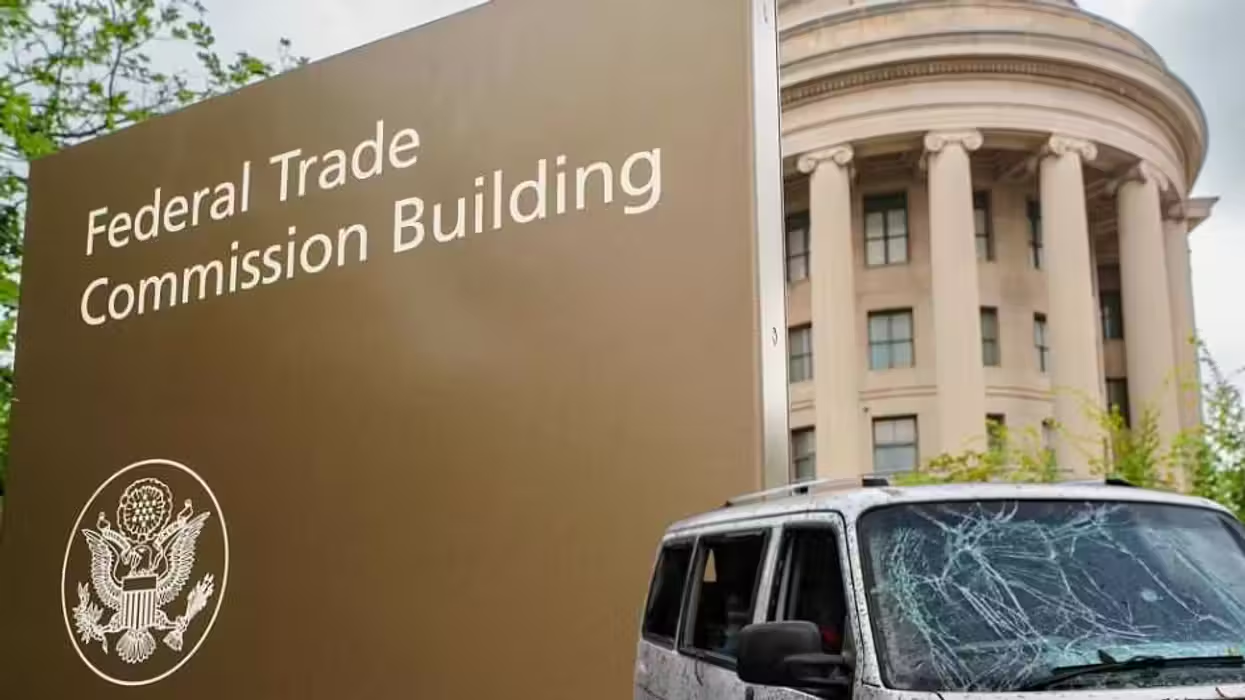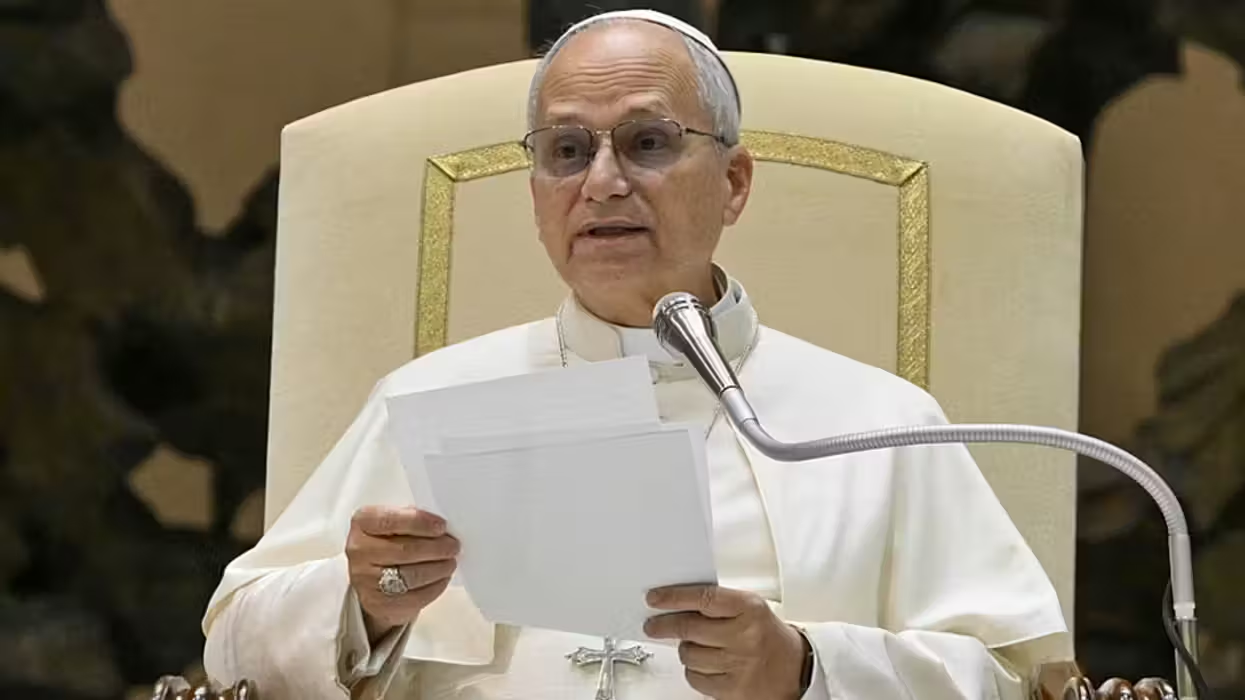The United States Agency For International Development poured more than $1 billion into Afghanistan's government ministries but failed to account where the money was going, how it was being distributed, and did not follow many of its own provisions to protect U.S. tax dollars from being mired in corruption and mismanagement, a government watchdog said this week.
The Special Inspector General For Afghanistan Reconstruction, known as SIGAR, reviewed the audits conducted by Ernst & Young and KPMG, which conducted public financial management assessments of 16 Afghan ministries between January 2011 and August 2013, according to the January SIGAR report. The auditors evaluated the ministries’ financial management and accounting systems, procurement and purchasing capabilities, human resources procedures, and governance and internal controls.
 Afghan people stand near a crater from an attack targeting the U.S. embassy in Kabul, Afghanistan, Wednesday, Dec. 25, 2013. (AP Photo/Ahmad Nazar)
Afghan people stand near a crater from an attack targeting the U.S. embassy in Kabul, Afghanistan, Wednesday, Dec. 25, 2013. (AP Photo/Ahmad Nazar)
"We found in this audit that, although USAID has taken positive steps to assess Afghan ministries’ capabilities to manage donor funds, it has not required the ministries to fix most of the risks identified through these assessments," John Sopko, special inspector general for reconstruction, said in a letter to Secretary of State John Kerry.
"Specifically, USAID determined it could not rely on the ministries it assessed to manage donor funds without a host of mitigation measures in place and that, under normal circumstances, the results of the assessments would lead USAID not to engage in direct assistance with the ministries. However, USAID proceeded to sign direct assistance agreements with seven ministries, only requiring them to implement less than 8 percent of identified risk mitigation measures prior to receiving funds."
Larry Sampler, assistant to the administrator for Afghanistan and Pakistan for USAID, told TheBlaze in a statement that SIGAR's audit describes the risks which his organization identified as a "first step in our process of due diligence; but SIGAR chose not to examine in this audit the mitigating measures USAID implemented in response to these identified risks."
He argued the watchdog "did not identify any fraud, waste or abuse in our direct assistance program. Because this audit ... did not examine the implementation of USAID's methods for safeguarding U.S. direct assistance."
This isn't the first time USAID has been called out for mismanagement of funds in Afghanistan.
Since 2002, a quarterly report issued last year by SIGAR estimated that, when security for aid workers is figured in, the total amount of nonmilitary funds appropriated for Afghanistan “is approximately $100 billion," plus another estimated $20 billion in Congressional appropriate funds, according to a report release by the agency last year. The complete numbers for this years appropriations are not yet available. SIGAR also noted -- based on numerous audits -- that reconstruction efforts in the region have been almost a near total failure.
"It's hard to trust anyone - Afghan government or the US," said an Afghan official who works in eastern Afghanistan. They spoke to TheBlaze on condition that they not be named due to fear of retribution. "The government is stealing from the people, the U.S. is backing the corrupt government and the people of Afghanistan feel abandoned. We don't know where we will be next year or what will happen to our country."
 Afghan residents queue along a street as they wait to register for the upcoming presidential elections on January 23, 2014 in Ghazni. Afghanistan is due to hold presidential and provincial council elections in April this year. (AFP/Getty Images/Rahmatullah Alizada)
Afghan residents queue along a street as they wait to register for the upcoming presidential elections on January 23, 2014 in Ghazni. Afghanistan is due to hold presidential and provincial council elections in April this year. (AFP/Getty Images/Rahmatullah Alizada)
SIGAR said the key findings in the January report, based on USAIDs own audits are unmistakable and daunting.
• USAID contractors assessed 16 Afghan ministries and found they are unable to manage and account for funds; they identified 696 recommendations for corrective action -- 41 percent of them rated "critical" or "high risk."
• USAID's own risk reviews of seven Afghan ministries concluded each ministry is unable to manage U.S. direct assistance funds. The reviews identified 107 major risks -- 99 of them rated critical or high.
• USAID said it would not award direct assistance dollars to these Afghan ministries "under normal circumstances." USAID waived its own requirements for providing direct assistance funds.
• USAID has not required the Afghan ministries to fix most of the risks identified prior to receiving U.S. money.
• USAID's assessments revealed a high risk of corruption at the Afghan ministries.
• USAID insisted that SIGAR withhold key information from Congress and the public, even though USAID shared it with the Afghan government
Sampler, however, disputes the SIGAR assessment, saying, "we do not believe the report then has any basis on which to question whether the identified vulnerabilities have been addressed prior to funds being made available."
"USAID is and remains committed to aggressively safeguarding U.S. taxpayer resources," he said. "We take seriously our responsibilities regarding oversight of US funds."
Since 2008, this reporter conducted numerous extensive interviews with members within the Afghan government. All were inclined to say that the hundreds of millions of dollars being invested into Afghanistan's ministries were being plundered by corrupt lawmakers or employees, who would hire family to fill jobs that were not necessary or if they were necessary, many were overpaid or unqualified for the position.
One such member was former member of the National Front Party Mohammad Registani, who said in 2008 and later in Kabul in 2010 and 2011 in follow-up interviews that President Hamid Karzai's government was using the U.S. for a cash-cow and was not required to disclose how much money his ministers were being paid, their employees or where the money was being distributed too.
"The money that comes to Afghanistan is like transit money," said the former parliamentary representative in 2008. He was the youngest commander under the now-deceased Ahmed Shah Masood, whose leadership and guerrilla warfare helped defeat the Soviets. "[The money comes] to Afghanistan, and maybe 60, 65 to 70 percent of it goes back to the countries that actually donated it and into the pockets of corrupt Afghan politicians. The people know what's going on, but when you ask the authorities, they will tell you lies."

 Afghan people stand near a crater from an attack targeting the U.S. embassy in Kabul, Afghanistan, Wednesday, Dec. 25, 2013. (AP Photo/Ahmad Nazar)
Afghan people stand near a crater from an attack targeting the U.S. embassy in Kabul, Afghanistan, Wednesday, Dec. 25, 2013. (AP Photo/Ahmad Nazar)






